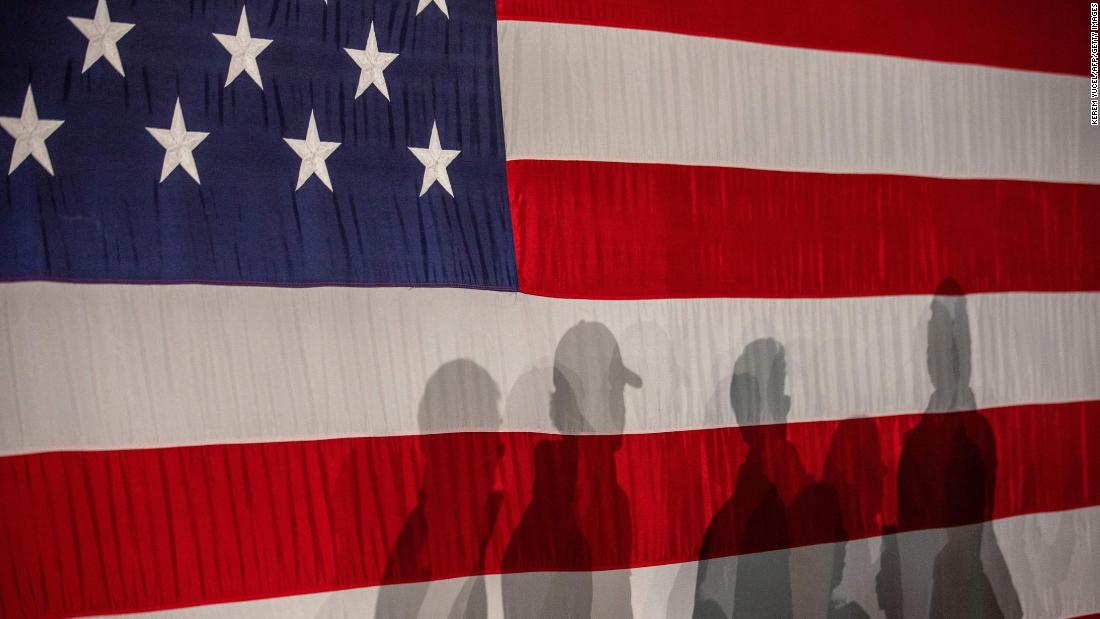[ad_1]
But if this week’s debacle in the first vote of the Democratic presidential primaries is anything to go by, another formidable threat to American democracy lies much closer to home.
As the hours ticked by Monday night with no sign of results out of Iowa, a lack of information from election officials left a void filled by a torrent of American-made misinformation, conspiracy theories about what went wrong, and claims of vote-fixing.
“If a country can’t recognize that domestic disinformation is just as much a threat as the foreign variety then they will be unable to counter either,” Nina Jankowicz, a disinformation fellow at the Wilson Center and author of the upcoming book How to Lose the Information War, told CNN.
Sowing doubt in democracy
If the Iowa chaos has taught us anything, it’s that we’re uniquely vulnerable to narratives of “hacking” and “rigging” thanks to 2016, Jankowicz said.
There are plenty of malign actors, Russia included, ready to capitalize on that vulnerability — through weaponizing information or amplifying mistruths — to sow doubt in democracy.
“Anybody who is propping up conspiracy theories — promoting mistruths or distruths — is doing a disservice to the democratic system writ large,” Jankowicz added.
And it’s not a partisan problem. Though the integrity of the actual vote — which is backed up with paper ballots — is not in question, actors on the left and right have used the cloud of doubt hanging over Iowa to promote their own political agendas.
Looked at all together, experts said the Iowa mess illustrates just how easy it is for any actor — foreign or domestic — to amplify disinformation aimed ultimately at suppressing the vote.
Disinformation thrives in a vacuum
The campaigns aren’t the only actors culpable in spreading misinformation.
Graham Brookie, director of the Atlantic Council’s Digital Forensic Research Lab (DFR), who was monitoring Iowa for foreign influence, argues that the media also has a big role to play.
The information vacuum and overarching confusion, which could be seen in live television coverage, further fueled disinformation and conspiracies on social media, he said.
“In the case of Iowa, in the absence of information, with delayed results, broadcast media in particular struggled to create enough analysis to fill the time, so turned to speculation … those ‘could-bes’ and ‘what-ifs’ open space for disinformation to seep in. Extrapolate that to the online environment and it gets a lot worse,” Brookie told CNN, adding that there needs to be a high threshold for verification when reporting on disinformation, and a very clear delineation between what is news and what is commentary.
The DFR did not see any signs of Russian efforts to sow further disinformation in the Iowa caucuses, but did see foreign actors glom on to existing polarizing narratives that aligned with their goal to sow more chaos.
“In the context of the US elections, the scale and scope of domestic disinformation is much larger than any foreign adversary could possibly do to us,” Brookie said.
“It’s going to get weirder before it gets less weird.”
[ad_2]
Source link




